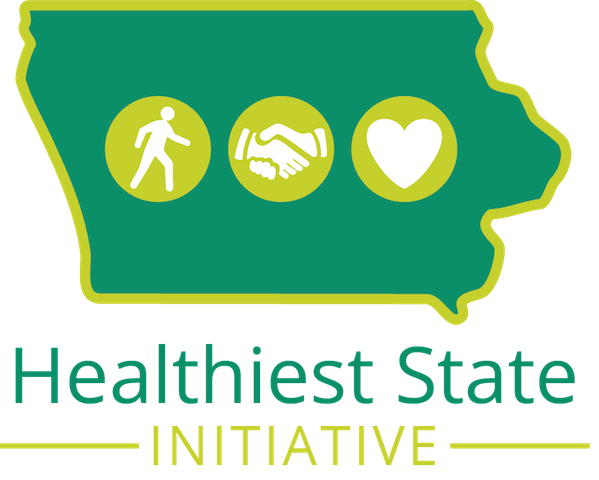Carrie’s Story
Carrie Clogg has been fighting stigma the past decade of her life — not for herself, but for her 12-year-old son, Sam, who has been diagnosed with bipolar disorder, anxiety and attention deficit hyperactivity disorder (ADHD). At a young age, Sam sometimes returned from school crying, frustrated about an incident with his teacher.
Educators and other parents often misinterpret mental illness symptoms as bad behavior or acting out. For Clogg, that meant watching as her son was constantly feeling left out or stigmatized.
“As a parent, you feel like it’s your fault,” Clogg said. “Sam started not getting invited to play dates or birthday parties. That was really hard. I had to do a lot of work with fighting the stigma for him, and I still do.”
Sam was Clogg and her husband’s first-born son. She could sense something was in need of attention from the very beginning, when Sam was hyperactive throughout his early years. But the moment Clogg knew something was serious was at a preschool conference. Sam’s teacher noticed he couldn’t sit still or focus. They believed the cause was something deeper than typical childhood restlessness.
“You’ve got to stay persistent, and keep your eye on the fact that help is needed. It’s not a one-size-fits-all illness.”
“It’s been an interesting journey along the way with dealing with a child that suffers so greatly from a lot of mental illness, symptoms and behaviors,” Clogg said. “Getting him treatment and navigating everything has been a challenge.”
Sam is being treated through a psychiatrist and medication, enough so that his mental health is in control. He’s learned how to explain his mental illness, and what Clogg has noticed is Sam is not embarrassed by it — “I’m very proud of him that he’s able to communicate it,” Clogg said.
But the stigma and challenges still stick.
“I think it’s different for kids than it is for adults,” Clogg said. “Adults can communicate, and even though it can be hard for them to explain, kids are navigating making friends and school. So that’s really tough. And as a family, we’ve had to adjust and be flexible.”
Clogg reiterated the importance of funding mental health initiatives in the state. There is a lack of resources in Iowa, she said. For a while, she had to travel to Iowa City and Chicago to get care for Sam before he had caretakers in Des Moines, putting a real strain on the family.
“For whatever reason, either they’re embarrassed or don’t have the resources, I see so many parents who know something is not right not doing anything about it,” said Clogg, who is involved with the National Alliance on Mental Illness. “I can’t imagine what would’ve happened if we hadn’t done anything about it. Our quality of life, Sam’s quality of life would be terrible.
“It’s OK to get help. Know that there is an answer, and it’s easy to give up because you do have to go through a lot of trial and errors with medications and therapists. You’ve got to stay persistent, and keep your eye on the fact that help is needed. It’s not a one-size-fits-all illness.”



